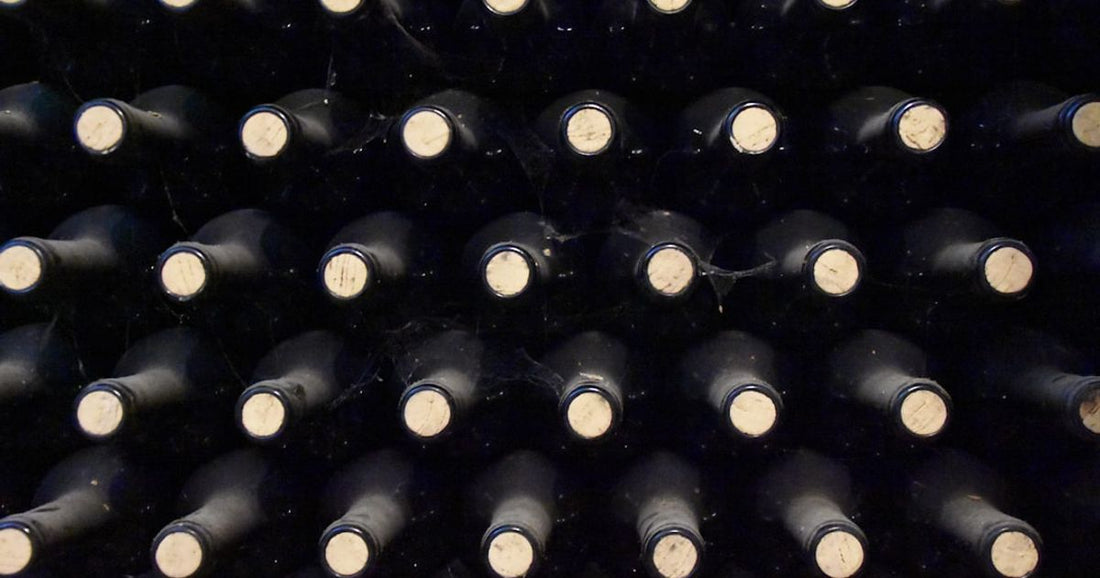
Renaissance Era of Iberian Winemaking
Share
The Iberian Peninsula, a region known for its rich history and cultural heritage, has also played a pivotal role in the evolution of winemaking. From the ancient times when the Phoenicians first introduced viticulture to the region, to the modern era where Spain and Portugal stand as world-renowned wine producers, the journey of Iberian winemaking is a fascinating tale of innovation, tradition, and resilience. The Renaissance era, in particular, marks a significant period in this journey, characterized by remarkable advancements in winemaking techniques, the introduction of new grape varieties, and an enhanced understanding of terroir. This article delves into the Renaissance era of Iberian winemaking, exploring how this period laid the groundwork for the region's contemporary wine industry.
Key Takeaways
- The Renaissance era was a time of significant innovation and tradition in Iberian winemaking, leading to the development of practices still in use today.
- Monasteries played a crucial role in preserving winemaking knowledge and techniques during this period.
- The introduction of new grape varieties and the improvement of viticultural practices contributed to the diversity and quality of Iberian wines.
- Technological advancements and a deeper understanding of aging processes led to the production of more refined and complex wines.
- The establishment of wine councils during the Renaissance helped regulate and promote the wine industry, laying the foundation for modern regulatory frameworks.
The Monastic Influence on Winemaking
The Role of Monasteries
During the Renaissance, monasteries were not just spiritual centers but also hubs of agricultural and viticultural knowledge. Monks dedicated themselves to the study and improvement of winemaking techniques, meticulously documenting their findings. This period saw the consolidation of winemaking knowledge that had been fragmented across the continent. Monasteries became the custodians of this knowledge, preserving and enhancing the art of winemaking through generations.
The monastic communities were also responsible for the cultivation of vineyards in regions that are now celebrated for their wine production. Their understanding of the local climate and terroir allowed them to select grape varieties that would thrive in specific conditions, significantly contributing to the diversity of Iberian wines. For more on this, see our article on The Role of Monasteries in Iberian Winemaking.
Innovation within Tradition
The monasteries' approach to winemaking was a blend of innovation and adherence to tradition. While they preserved ancient techniques, they were also open to experimenting with new methods. This period saw the introduction of the barrel aging process, which was refined by monks to enhance the flavor and longevity of wine. The monastic cellars, with their constant temperatures and controlled environments, were ideal for experimenting with aging processes, leading to the development of wines with greater complexity and depth.
The Introduction of New Grape Varieties
Exploring New Flavors
The Renaissance era was marked by a spirit of exploration and curiosity, which extended to viticulture. Winemakers began to experiment with new grape varieties, introducing them to the Iberian Peninsula from other parts of Europe and the Mediterranean. This led to an explosion of flavors and styles, enriching the wine culture of the region. The introduction of these new varieties was not without its challenges, as winemakers had to learn how to cultivate them in the unique terroirs of Iberia.
The Evolution of Iberian Grapes
As winemakers became more adept at understanding the nuances of different grape varieties, they began to identify those that were particularly well-suited to the climate and soil of the Iberian Peninsula. This period of experimentation and discovery was crucial in shaping the varietal landscape of Iberian wines, leading to the dominance of certain grapes that are now synonymous with Spanish and Portuguese wines. For an in-depth look at this evolution, explore our article on Evolution of Wine Grapes in Iberia.
Technological Advancements in Winemaking
The Role of Technology
The Renaissance was not just a cultural and artistic revival; it was also a period of technological innovation. In the realm of winemaking, these advancements were instrumental in improving the quality and consistency of wines. The development of more sophisticated presses and fermentation vessels allowed for better extraction of flavors and more controlled fermentation processes. Additionally, the refinement of glassmaking techniques led to the production of clearer, more durable glass bottles, which significantly improved wine storage and aging capabilities.
Enhancing Quality and Efficiency
These technological innovations also made winemaking more efficient, enabling producers to meet the growing demand for wine, both locally and across Europe. The introduction of more precise tools for measuring sugar content and acidity levels allowed winemakers to achieve greater consistency in their wines, enhancing their reputation and reliability. The role of technology in this era laid the groundwork for the modern winemaking industry, where technological precision is balanced with traditional techniques. For more on this topic, read our article on The Role of Technology in Spanish Winemaking.
The Establishment of Wine Councils
Regulation and Promotion
The Renaissance era also saw the establishment of the first wine councils, organizations dedicated to regulating and promoting the wine industry. These councils were responsible for setting standards for wine quality, defining appellations, and protecting the interests of winemakers. Their establishment marked a significant step towards the modern regulatory frameworks that govern the wine industry today.
The Impact on Iberian Wine
The creation of wine councils helped elevate the status of Iberian wines on the international stage. By ensuring quality and authenticity, these councils built trust among consumers and traders, leading to an increase in exports and a greater appreciation for Iberian wines worldwide. The role of these councils in shaping the wine industry cannot be overstated and continues to be a critical factor in the success of Spanish and Portuguese wines. For further details, refer to our article on The Role of Spanish Wine Councils.
The Renaissance era of Iberian winemaking was a period of profound transformation and growth. It was a time when the foundations of the modern wine industry were laid, through the preservation of tradition, the embrace of innovation, and the establishment of regulatory frameworks. The legacy of this era continues to influence the winemaking practices and philosophies of the Iberian Peninsula, ensuring that its wines remain among the most celebrated in the world.


